At Fruit South Africa’s recent Asia Fruit Logistica stand, the high levels of interest in South African fruit were again evident. Fhumulani Ratshitanga, CEO of the umbrella body representing South Africa’s export fruit industries, remarks that despite some of their colleagues getting caught up in Hong Kong's torrential rains and flooding, the previous two days were bustling at Fruit SA’s stand.
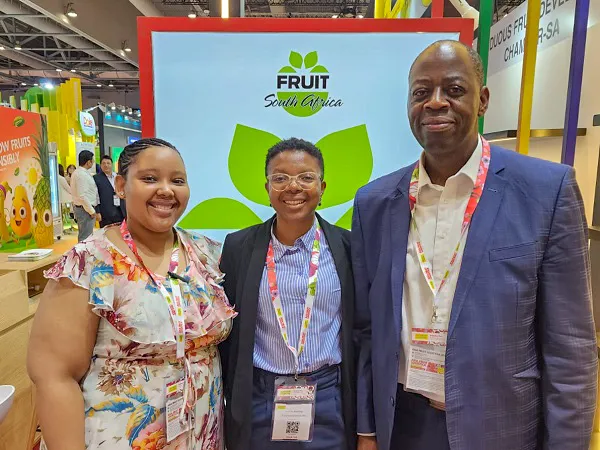 Nomonde Ntloko, Fhumulani Ratshitanga and Dr Mono Mashaba, specialist consultant at Fruit SA
Nomonde Ntloko, Fhumulani Ratshitanga and Dr Mono Mashaba, specialist consultant at Fruit SA
Nomonde Ntloko, industry affairs manager at Fruit SA, fielded many questions from interested buyers, particularly from Asia and the Middle East. Nomonde says that potential buyers are very interested in industry statistics like the hectares planted per commodity, the different market segments plied by South Africa and the volumes of exports.
High interest at Asia Fruit Logistica
“Buyers from Asia want to hear specifically which percentage of South African fruit are exported to Asia,” she says. The answer is that a fifth of South Africa’s fruit now makes its way to Asia and the Far East, just below 800,000 tonnes in 2022, the highest it has ever been.
Europe remains the South African fruit industry largest market segment with 40% (including Russia), taking more than 1.4 million tonnes of South African fruit.
Last year just under 204,000 hectares were planted with fruit, including deciduous fruit, grapes, citrus, avocados, berries and subtropical fruit (bananas avocados, litchis and mangoes). Valencias alone make up 15% of this figure, followed by soft citrus (13%), apples (12%) and table grapes (10%).
By comparison, the hectarage stood just under 160,000ha in 2015.
The industry directly employs almost 325,000 people.
Sixty percent of South African fruit are exported, 28% goes for processing and 12% is for local market. Fhumulani observes that local fruit consumption is lower than it ought to be – apples are most consumed at 4.8 kg per capita annually.
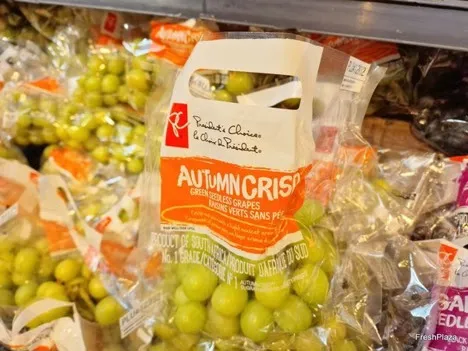
South African grapes in France
“Buyers love South African fruit”
“Middle Eastern buyers wanted to hear from us how much the country can send. There’s lots of interest in deciduous fruit and citrus,” says Nomonde. “They love South African fruit, they tell us it’s so nice because of the taste.”
And of course South African avocados: shortly before the trade show it was announced that South African avos would gain access to a long-awaited market, China.
Many Chinese attendees wanted to know when they would be expecting South African avocados.
Fruit SA plays an advocacy role with the South African government, on behalf of the fruit industry, Fhumulani explains. The nitty-gritty of individual applications are handled by the relevant industry organisations, whereas Fruit South Africa engages on the principal strategic policies and highlights the need for new markets.
There’s quite a lot happening concurrently, she remarks. The re-opening of Thailand for South African apples is on the table, while final access for pome fruit and table grapes to the Philippines are not yet finalized. South African avocados could soon be allowed entry to Japan, while the citrus industry is awaiting access to Vietnam and the table grape industry will welcome the planned relaxation on the table grape protocol for South Korea.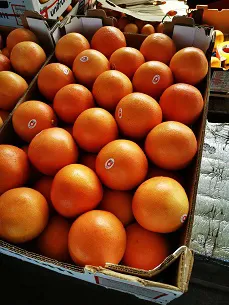 Apart from their involvement in opening new markets for the industry, producers’ direct contact with Fruit SA lies in the management of an online platform eCert which received, verifies, processes and delivers certification documentation to trading partners involved with agricultural export products.
Apart from their involvement in opening new markets for the industry, producers’ direct contact with Fruit SA lies in the management of an online platform eCert which received, verifies, processes and delivers certification documentation to trading partners involved with agricultural export products.
Right: South African citrus at the Guangzhou market, China
“eCert was developed internally under Fruit SA after being appointed by the Department of Agriculture, Land Reform and Rural Development. “It was initially just for export fruit, but is now for export and import certification of all plant, animal, horticultural based products, including fish.”
Fruit SA is the ideal laboratory for new initiatives that touch on all export fruit industries: likewise, the Sustainability Initiative of South Africa (SIZA) started in 2008 as a programme within Fruit SA, she says, to develop a single South African ethical standard to provide retailers with assurance. It became a freestanding entity in 2016.
Equal opportunities within the fruit industry
Fruit SA has another function of which international buyers often are not aware: given South Africa’s particular history and the immense barriers to entry for outsiders into the industry, demographic transformation is one of the main touchpoints with the South African government at a collective fruit industry level.
Industry associations are active in this field: they give material assistance to black growers to ensure that black people are participants across the entire fruit industry value chain on an equitable basis.
The Fresh Produce Exporters’ Forum, well-known to attendees of international fruit trade shows, attempts to attract black talent to the other end of the export chain through placing graduates with export companies for on-the-job experience in what can otherwise be a very difficult segment of industry to penetrate.
The annual transformation review of what their constituent organisations are doing in the field of transformation is due soon.
Recently Fruit SA took the media to a black-owned citrus farm, Batlhako Temo: “I was very impressed when listening to their story, how they’ve come through and how they’re running operations. We need more stories like this,” Fhumulani remarks.
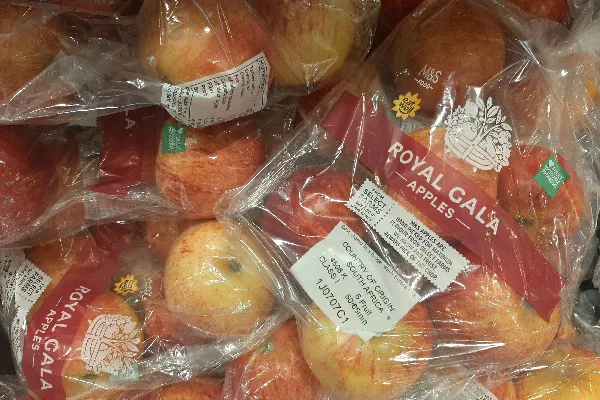
South African Royal Gala apples in the UK
Fruit SA will celebrate their tenth anniversary next month. “We’re proud of the ten years - we’ve come a long way,” Nomonde says. “Not everyone knows what the fruit industry does. We’d really love to tell our story and let people know what plans we have for the future.”
Fhumulani adds: “One thing about this industry is that there’s a lot of collaboration. The industry gets things done. It has the capacity to conceptualise solutions and see it through to implementation.”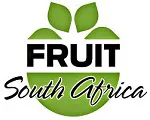 Fhumulani Ratshitanga
Fhumulani Ratshitanga
Fruit South Africa
Email: [email protected]
www.fruitsa.co.za
